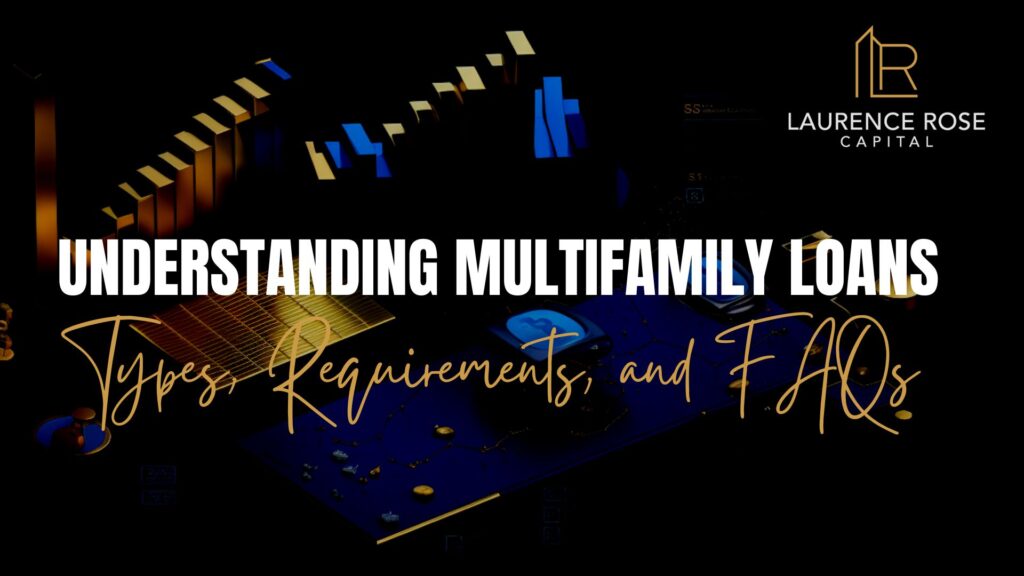Saving taxes with multifamily real estate investing involves utilizing various strategies to reduce taxable income and take advantage of tax deductions and incentives. Here are some effective ways to save taxes along with real-life examples:
1. Depreciation Deduction:
Real Estate Depreciation allows investors to deduct a portion of the property’s value over time. For residential multifamily properties, the IRS allows depreciation over 27.5 years. For example, if you purchase a multifamily property for $2 million, and the building’s depreciable value (excluding land) is $1.6 million, you can deduct approximately:
Depreciation Deduction = $1,600,000 / 27.5 = $58,182 per year.
2. Cost Segregation:
Cost Segregation is a tax planning strategy where a professional identifies and reclassifies components of a property for accelerated depreciation. Suppose a cost segregation study reveals $500,000 in components eligible for a 5-year depreciation period. You can now deduct an additional:
Accelerated Depreciation Deduction = $500,000 / 5 = $100,000 in the first year.
3. 1031 Exchange:
A 1031 Exchange allows you to defer capital gains tax by reinvesting proceeds from the sale of one property into a like-kind property. For instance, if you sell a multifamily property for $3 million with a capital gain of $500,000 and reinvest the proceeds into another multifamily property worth $3.5 million, you can defer paying taxes on the $500,000 gain.
4. Qualified Business Income Deduction (QBI):
Under the Tax Cuts and Jobs Act, real estate investors may qualify for the QBI deduction, which allows a 20% deduction on qualified rental income. For example, if your multifamily property generates $200,000 in rental income, you can deduct:
QBI Deduction = $200,000 x 20% = $40,000 from your taxable income.
5. Mortgage Interest Deduction:
You can deduct mortgage interest paid on your multifamily property. Suppose you have a $1.5 million mortgage with an interest rate of 4.5%, resulting in annual mortgage interest of $67,500. This amount is deductible from your taxable income.
6. Property Tax Deduction:
Property taxes paid on your multifamily property are tax-deductible. If your property incurs $10,000 in property taxes annually, you can deduct this amount from your taxable income.
7. Repairs and Maintenance Deductions:
Expenses for repairs and maintenance on your multifamily property are deductible. If you spend $15,000 on such expenses during the year, you can deduct this amount from your taxable income.
8. Travel and Transportation Deductions:
Travel expenses related to managing your multifamily property, attending conferences, and meeting with property managers can be deducted. If you incur $5,000 in travel expenses, you can deduct this from your taxable income.
9. Home Office Deduction:
If you use a portion of your home as a dedicated home office for managing your multifamily investments, you can claim a home office deduction based on the percentage of space used for business purposes.
10. Hiring Family Members:
If you employ family members to help manage your multifamily property, you can deduct their wages as a business expense.
Always consult with a qualified tax professional to ensure proper compliance and to tailor tax-saving strategies to your unique financial situation. Each investor’s circumstances are different, and a tax expert can help maximize your tax savings while staying within legal boundaries.






![How Does Creative Financing Work In Multifamily Real Estate [Explained]](https://laurencerosecapital.com/wp-content/uploads/2023/10/JG-BMP-Ira-LRC-JB-Blog-Covers-750-×-422px-1920-×-1005px-1024x576.jpg)
